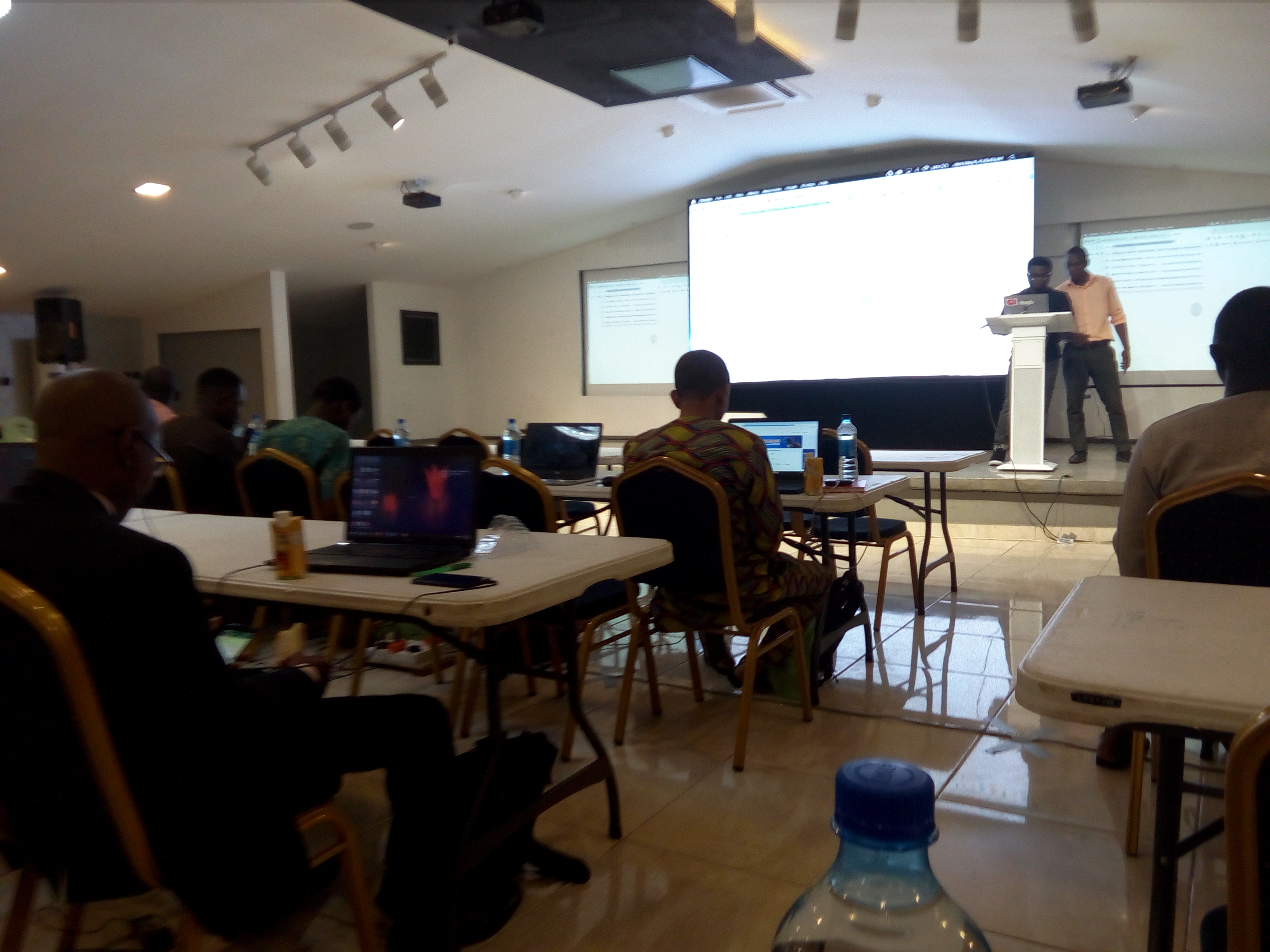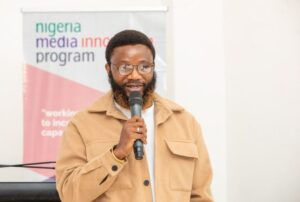Lekan Otufodunrin reviews the 2019 survey of the State of Technology in Global newsrooms against the situation in newsrooms in Nigeria.
The International Centre for Journalists (ICFJ) last week released its 2019 survey of the State of Technology in Global Newsrooms.
The report should be of interest to journalists and media organisations worldwide as it captures trends and challenges that will determine the future of the profession which they should pay attention to and take major decision on how to cope with the rapidly changing media terrain.
Below is the executive summary of the report which has Hannah Ojo, ICFJ TruthBuzz Fellow — ICFJ on its advisory board and my thoughts on the findings as it relates to Nigeria media.
Around the world, journalists are increasingly turning to digital technology to help address daunting challenges such as the spread of misinformation and increasing attacks on reporters, according to ICFJ’s 2019 survey of the State of Technology in Global Newsrooms.
- Yes, we are in Nigeria too, but we can do a lot better. Many more traditional journalists who still manage media houses in the country have to become digital savvy to effectively use the new media tools. While top online publications like Premium Times, The Cable, International Centre for Investigative Reporting and some others are indeed digital-friendly, many traditional media houses still have to lot to learn and use.
The use of fact-checking and social media verification tools are on the rise, while many newsrooms are securing their communications to protect themselves and their sources.
- Hmmm securing communication? I am not sure how well we are doing about this with many media houses not using premium versions of online services. Many use free email service for their communication even at the expense of their company’s official emails.
You can only protect what you understand. How many media managers appreciate the danger their reporters and organisation face judging with the poor investment in their digital operations.
Journalists are also using a multitude of new techniques and platforms to better engage their audiences – and earn their trust.
- Yes, our journalists are using new techniques and platforms but we still have a lot of regular engagements to do with our audiences. We need to become more audience-centric in an age when the audience is more knowledgeable and mobile. We need to look out for their comments to our reports on our websites, reply to their emails as promptly as possible and have more professional social media active staff.
The study shows that traditional news outlets are transforming into hybrid newsrooms as they embrace digital platforms. Data journalism is clearly on the rise. And small outlets, most of them digital, now represent a majority of newsrooms.
- Yes, most have become hybrid newsrooms but still mastering the required multi-media operations. Newspapers now have online television, radio stations now stream their broadcasts, while television stations have vibrant websites for many more reports they air.
Small online outlets abound but most don’t have the capacity to run minimal newsroom operations. They engage in copy and paste of content from established websites or routine reports from press releases.
That said, few new digital start-ups are emerging in seven of the eight global regions. Newsrooms still aren’t investing in enough tech staff or in the appropriate training for their employees.
- Unfortunately, training is not a priority for most media organisations. Regular in-house appropriate trainings are not available. Some staff are being given new tasks in relation to the digital imperative for all, but those assigned need training. Technology staff in newsrooms? Perhaps only very few are experimenting with this. I really don’t know of any.
But they are diversifying their revenue sources. Advertising is no longer the top revenue source for more than half of newsrooms. And while subscription/membership revenues are still low, most news managers expect them to increase at least fivefold in the near future.
- We are trying hard to do this but its tough having been used to advertising and sales as major sources of revenue for ages. Advertising is still our top revenue source. Earnings from the website and social media are growing slowly especially for media houses that know what to do in this regards. Some are organising events and awards which though are money-spinners, but injurious to the brand due to the questionable basis for programmes. E-editions of papers are being sold to subscribers at almost a third of the print cost but no organisation has successfully installed a paywall.
On the personnel front, women are playing a much stronger role in the newsroom than ever before. Women account for half of the managerial positions in four regions: Eurasia/former USSR, North America, Europe, and Latin America. That said, on average, women are hired with fewer digital skills than their male counterparts.
- The reverse is still the case in our media. Fewer women are playing top roles in the newsroom than ever before, there are a few cases of women being in charge. The only woman Managing Director/Editor-In-Chief of a national newspaper in the country, Mr Funke Egbemode is now a Commissioner-designate in Osun State.
- Apart from Leadership newspaper where the daily, Sunday and Friday editions are edited by women, no other paper has a female daily editor and the number of female editing other titles has reduced. The Punch used to have two female editors, it no longer has any though one of them, Toyosi Ogunseye is now head of BBC in West Africa.
- A survey by the Wole Soyinka Centre for Investigative Journalism revealed that the management team gender ratio and senior editors gender ration is 10-2 each in favour of men.
As the global news landscape continues its relentless transformation, journalists and their newsrooms are stepping up. Of course, there’s still a ways to go. But if the improvements of the last two years are any indication, the trend is positive, despite the formidable challenges facing the industry.
- This is also true about the situation in Nigeria but we still have a lot of catching up to do and we need to move faster than we are doing.





